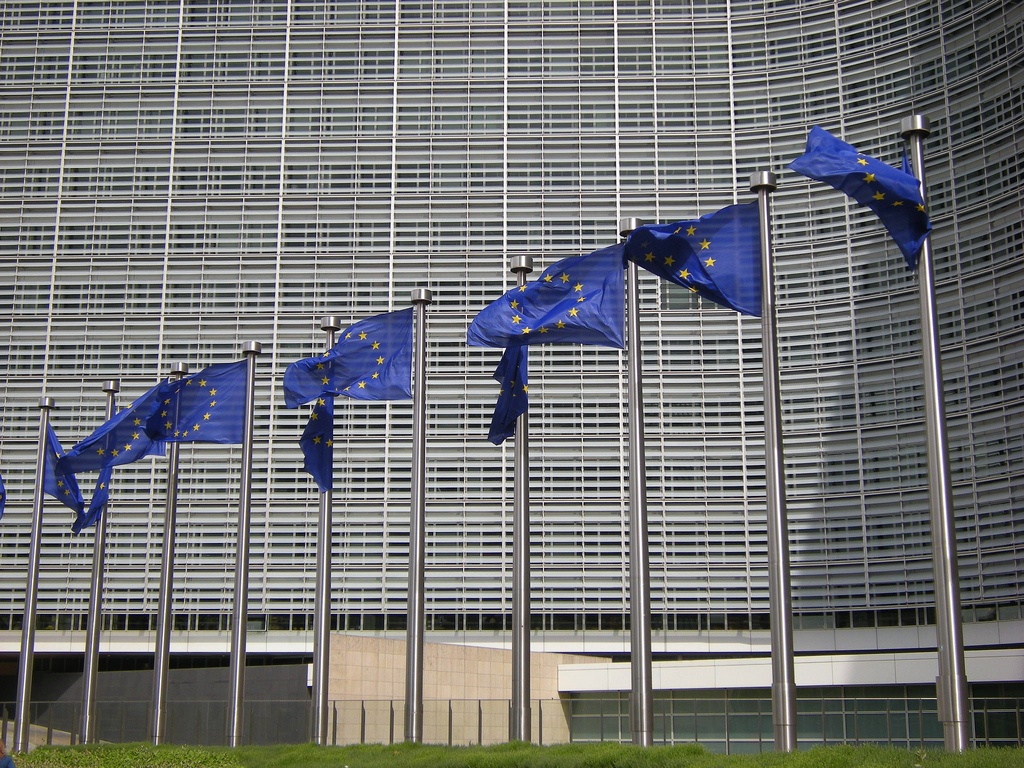The recent decision by the European Commission (EC) to block the combination of UK cellular operators O2 and 3, along with its opposition to a merger of mobile providers in Denmark in 2015 and the launch of an in-depth investigation into a planned tie-up between two cellcos in Italy, has signalled a tougher stance towards any threat to competition in wireless markets. The situation is very different, however, when it comes to deals involving fixed line players.
There have been a number of high profile mergers and acquisitions involving fixed line telcos in Europe in recent years. Some of the biggest of these have involved the combination of a wireless and a wireline player to create a fully converged operation. One notable example saw UK operator BT acquire EE, the country’s number two cellular operator by subscribers and one of the largest ISPs, in an agreement first announced in February 2015 and valued at GBP 12.5 billion (USD 18.9 billion at the time of the announcement). Despite the fact that the deal saw BT cement its dominance in the UK wireline market, the EC left the regulatory investigation into the merger to domestic watchdog the Competition and Markets Authority (CMA); clearance was eventually given in January 2016. Although the CMA had also asked the EC to allow it to handle the probe into the O2/3 mobile merger, European authorities denied its request, saying that it was itself ‘better placed to ensure consistency in the application of merger control rules in the mobile telecommunications sector across the European Economic Area (EEA).’
Fixed-Line Mergers Recap
| Country | Date Announced | Details | Date Completed | Value (USDbn) |
| Netherlands | Feb 2016 | Liberty Global (fixed) to merge with Vodafone (mobile) | Pending | 1.1 |
| Belgium | Apr 2015 | Liberty Global (fixed) acquires BASE (mobile) | Feb 2016 | 1.4 |
| U.K. | Feb 2015 | BT (fixed) acquires EE (converged) | Jan 2016 | 18.9 |
| Spain | Sep 2014 | Orange (mobile) buys Jazztel (fixed) | May 2015 | 3.7 |
| Spain | Mar 2014 | Vodafone (mobile) acquires ONO (fixed) | Jul 2014 | 9.6 |
| Germany | May 2013 | Vodafone (mobile) acquires Kabel Deutschland (fixed) | Oct 2013 | 10.2 |
| Portugal | Dec 2012 | Zon (fixed) merges with Optimus (converged) | Aug 2013 | n/a |
Meanwhile, two major fixed/mobile deals were announced in Spain in 2014, with cellcos Orange and Vodafone agreeing to acquire fixed operators Jazztel and ONO, respectively. Unlike the BT/EE deal, both these Spanish transactions were investigated – and approved – by the EC’s competition office. Vodafone has also been at the centre of other major fixed-mobile tie-ups, including in Germany, where in 2013 it acquired a majority stake in Kabel Deutschland, and in the Netherlands, where it unveiled a joint venture with Liberty Global-owned cable market leader Ziggo in February 2016. Deals such as these enable alternative operators to offer a full portfolio of fixed and mobile telephony, broadband access and TV services in competition with incumbent operators such as Deutsche Telekom in Germany, Telefonica in Spain and KPN in the Netherlands.
Cable operator Liberty Global has also followed a similar strategy in Belgium, where its Telenet subsidiary acquired KPN’s local wireless unit BASE in a deal which completed earlier this year, again with the approval of EC competition authorities. The deal was passed on the condition that the new owner agree to sell off BASE’s 50% interests in local MVNOs JIM Mobile and Mobile Vikings to broadcaster Medialaan, broadening Medialaan’s presence in the wireless sector and allowing it to become a full MVNO. This softened the blow of losing Telenet as an independent MVNO in its own right.
So, following the collapse of the buyout by 3, cellular operator O2 UK could now find itself the target of a takeover by a fixed line player, given that such deals currently find more favor with competition watchdogs than the pure mobile-mobile deals. Indeed, Liberty Global’s UK unit Virgin Media is already being linked as a potential buyer for O2, while Hutchison is left to look for new opportunities to expand its own presence in the UK telecoms sector.
Pete Bell
Pete Bell is a Senior Analyst for TeleGeography’s GlobalComms Database and also contributes to the daily CommsUpdate newsletter. He has a particular interest in wireless broadband and was responsible for TeleGeography’s 4G Research Service until it was integrated into GlobalComms.


